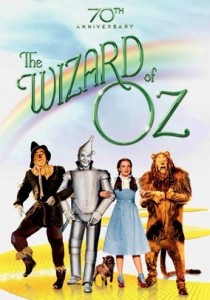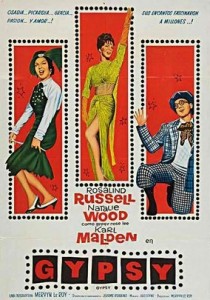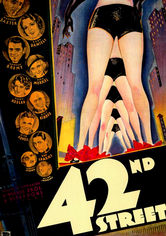The Wizard of Oz-1939
Director Victor Fleming
Starring Judy Garland, Ray Bolger, Frank Morgan
Top 250 Films #33
Scott’s Review #34
Reviewed June 17, 2014
Grade: A
The Wizard of Oz is a magical film and one of my all-time favorites. Made in 1939, it still holds up amazingly well, and the nuances continue to be admired, especially given the period in which it was made. 1939 and Gone With the Wind belong to this film, as both were and are true classics.
This film is so deeply embedded in people’s minds that it can be challenging to examine it objectively. I fondly recall watching this gem annually as it aired on television each holiday season—traditionally around Thanksgiving if memory serves.
It’s a marvel from start to finish and masterfully artistic. How creative to show the first portion in black and white with dusty muted colors, not to mention the astounding twister sequence- done using a stocking.
Then, we are introduced to a magical world filled with luscious colors and the mind-blowing depth of art direction. Munchkin-land, Glinda the Good Witch, and Emerald City are beautiful, lavish, and treat.
Who does not become teary-eyed during Judy Garland’s rendition of “Somewhere Over the Rainbow”? The poignancy is given by the tragic (yet successful) life the star would lead.
Margaret Hamilton’s performance as the Wicked Witch/Elmira Gulch is deliciously nasty. She almost sneers at the camera as she mocks Dorothy, who whimpers in tears while missing Auntie Em. One can tell she thoroughly enjoyed this role.
And The Wizard of Oz is not simply a pop culture hit- it has merit and creativity. The special effects hold up tremendously well and were simplistic back then. There was no CGI in those days, but it was, in many ways, better than today’s CGI.
Audiences of all ages must see this film at least once, preferably on Blu-Ray. Judy Garland, later a tragic, troubled, and lost figure, captures an innocence that has been sadly lost through the years.
The characters (The Cowardly Lion, Scarecrow, and Tin Man) are perfectly cast and uniquely created without being too over-the-top.
Very few films are timeless, and this is one of them.
Oscar Nominations: 1 win-Outstanding Production, Best Song-“Over the Rainbow” (won), Best Art Direction, Best Special Effects


